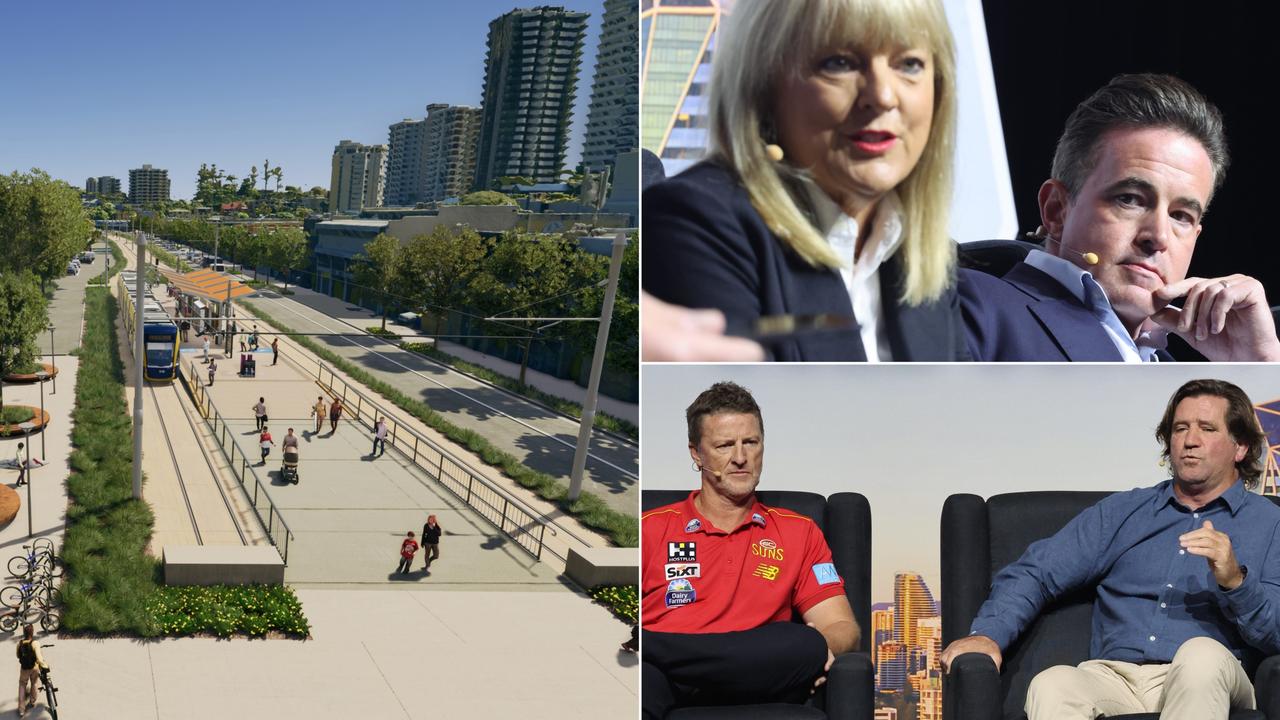Future Gold Coast: Ezidebit entrepreneur Michael Dempsey says tax breaks, more skilled migrants, vital to bring big business and jobs to Gold Coast
Brilliant beaches are not enough to attract the global businesses needed to grow Gold Coast jobs into the future, according to this serial entrepreneur and rich lister.

Future Gold Coast
Don't miss out on the headlines from Future Gold Coast. Followed categories will be added to My News.
TAX breaks for multinationals, a wind-back of restrictions for skilled immigrants and becoming more like Israel.
It sounds like a campaign strategist’s nightmare — but it’s what the Gold Coast needs to sustain and grow jobs into the future, according to serial entrepreneur Mike Dempsey.
Mr Dempsey, 55, who joined the Queensland rich list after selling his payment technology system for $305 million in 2014, said conventional thinking would not see the glitter strip shine as its population surged towards one million.
The keen surfer and Hedges Ave resident created Ezidebit, used by more 16,000 businesses to collect scheduled payments from customers at childcare and fitness centres.
It was sold to a US group for in October 2014, with Mr Dempsey now focusing on Console Property Managements, which was formerly the ASX-listed Onthehouse Holdings, which he bought into as part of a $70 million privatisation deal in 2016.
If he had a magic wand to position the Gold Coast for the future, he’d bring in five multinationals, house them together in a cluster, and change counter-productive laws that have left tech companies crying out for qualified staff.
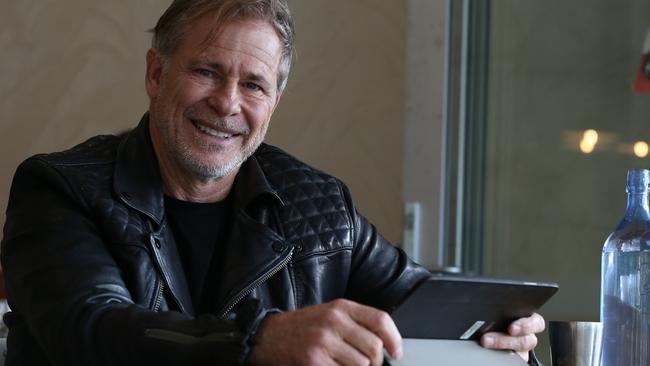
Bring in the big guns
While Mr Dempsey fuelled his fortune with a start-up, he said it would be a mistake to focus on the new at the expense of the established.
Truly sustainable growth — the kind that means fewer graduates leaving the city, and demobilising the 30,000-strong commuter army to Brisbane — will require attracting large successful businesses to the Gold Coast, with technology the most promising sector.
RELATED NEWS:
Incredible predictions for Coast’s future
It’s time to embrace ‘destiny’ as population hotspot
Mayor Tom Tate on the city’s tourism future
They in turn will bring staff, who themselves become customers of the city’s small and medium businesses.
“I used to live in Brisbane and I’ve travelled extensively around the world — this is the best place in the world,” he said.
“I think the city should be doing a lot more to promote the city and attract businesses that need developers and tech people.
“I think we’re failing in telling people that this is the best place in the world to live.
“If they do that, they’ll draw those sorts of people here and then you’ve got a sustainable city.
“You really need the big guys to come into town and they’re the ones who draw all the employees and provide all the benefits — start-up hubs are a long, hard slog.”
HOW TO GET A SAMSUNG GALAXY TAB A 8.0 WITH BULLETIN SUBSCRIPTION
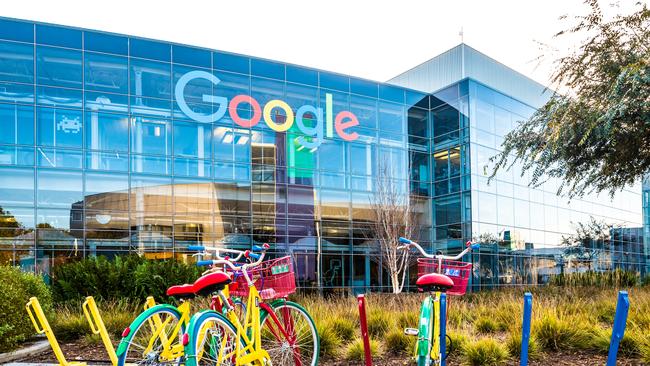
Give them a break
Large, successful businesses can’t move to a city if doesn’t work commercially — and even the world’s most beautiful beaches are unlikely to outweigh the lucrative tax incentives available in other parts of the globe.
Mr Dempsey said there should be a benefit for major companies considering a move to the Gold Coast, and Queensland more generally. Payroll tax was a good place to start.
“Politically you’d never get that through because the outcry would be `why would you give these multinationals a tax break?’,” he said.
“But, if you have a look at the sheer dollars as opposed to a percentage — in terms of dollars, their contribution is going to be far larger than what most businesses here would pay anyway.
“Then you look at the economic benefit of educating and employing our talent and turbocharging that industry — it far outweighs what some may consider a discount to their tax rate.”
OTHER NEWS:
Dreamworld parent denies asset sale talks
21-storey tower on tiny 607 sqm site now ‘feasible’
Surfers Paradise bar in administration
Mr Dempsey gave Israel as a classic example. The Middle Eastern country, nicknamed “Silicon Wadi” began offering cheap finance to tech companies in the 1990s, and gives major foreign companies and venture capitalists irresistible corporate tax rates.
The initiatives have seen Israel become a world leader in technology development and home to all the big names — Facebook, Google, Amazon, Intel, AliBaba, Microsoft and more.
“Israel is a tax haven, they’re all on about five per cent tax, but these companies are employing all the country’s graduates, they’re further educating all the graduates, and that’s why Israel is one of the tech hubs of the world.
“It’s second only to San Francisco in the number of start-ups, and on a per capita basis it’s ahead of San Francisco.
“Then those employees go out and do their own thing and develop businesses of their own.”
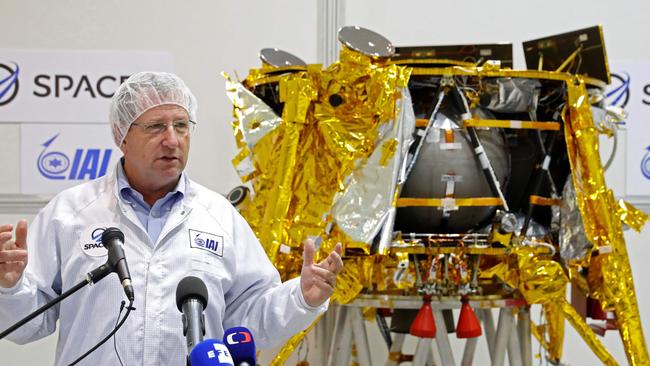
Stop mucking around with skilled visas
It’s time, Mr Dempsey says, for the Gold Coast to make a name for itself as a hub for a newer breed of developers, people armed with keyboards and software rather than white shoes and glossy brochures. Although more of the former would certainly benefit the latter.
The trouble is, Australian universities are producing these sought-after graduates at a tiny sliver of what companies demand and populist politics is exacerbating the problem.
In its July report into temporary migration, the Committee for Economic Development of Australia found that, despite some political rhetoric, skilled immigrants had not harmed wages or participation rates of local workers and that “there are long-term demands coming down the pipeline that look impossible to meet without temporary skilled migration”.
“For example, Australia will need 18,000 more cyber security workers by 2026, against current supply of 500 graduates a year,” it found.
The Federal Government abolished the 457 temporary work visa, replacing it with a 482 temporary skill shortage visa in 2017.
Mr Dempsey said the unmet demand, coupled with uncertainty over frequent changes to visas, had resulted in companies sending projects overseas to where the workers are.
“They’ve clamped down on the 457s, but what happens is that companies go offshore and source developers in India or Sri Lanka or wherever — and then all of a sudden that money’s going offshore,” Mr Dempsey said.
“Whereas if we let them come in on a 457, the money stays here, they’re paying tax.
“That money’s staying here and you’ve got a talent pool coming in that Australia hasn’t even paid to educate.
“We’re lucky that we’re a country that people want to get into, so we can be selective.”
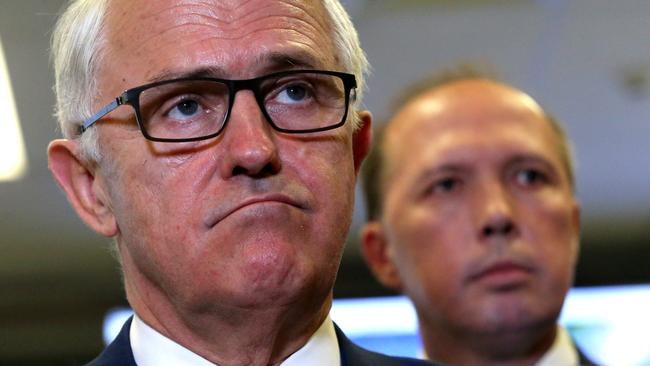
“Star” businesses
Through his investment firm Pipeline Capital, Mr Dempsey and his colleagues seek out technology opportunities with one thing in mind — making money for the backers.
It’s a field that requires a keen eye and he’s not keen to divulge specific attributes he looks for in a company when deciding to invest.
“That’s the secret sauce,” he laughed.
“But we look to invest in what we call ‘star business’.
“A star businesses, in a nutshell, are market leaders in their category or niche, and their niche has to be growing at 10 per cent a year. It might be one in a hundred that’s a star business.”
Mr Dempsey said these are the types of businesses the Gold Coast should be targeting to base themselves in the city.
“If you’re a tech person, where would you rather be — San Francisco or the Gold Coast? I’d rather be here, it’s no choice.”


